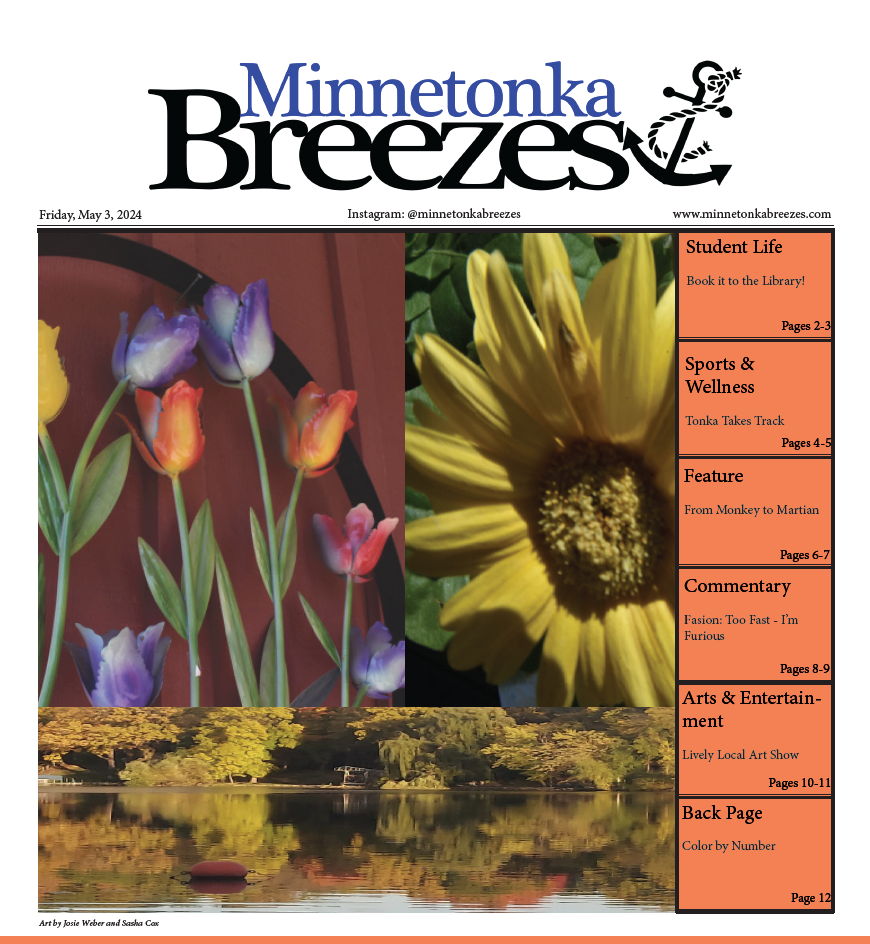Our world is vast. It’s full of culture, life, and everlasting potential for new experiences when the opportunity comes about. For students, this idea is all the more present and important. As world citizens, we are a generation that is set to inherit the world of today and make it even better for the future. However, many don’t know what lies beyond the realms of what we are presented in textbooks. It takes a real, immersive study abroad experience to uncover the truest forms of all corners of the world.
Studying outside the classroom provides significant benefits when looked at from a global perspective. Francisco Moreno, ‘25, spent part of his summer in Prague, Czechia studying art history with the Council on International Educational Exchange. “We got to go explore the city, we got to see all the architecture and the cultures there,” Moreno says. “It was a really, really good experience…because [going abroad] also shows the differences in different [locations].”
This is a central part of why going abroad is so important for students. By physically seeing and experiencing what different countries have to offer, students are able to directly benefit through experience outside of our region on a map. According to a program survey conducted by CIEE, 93% of people who studied abroad with the organization reported having “improved communication skills” after their return.
In many ways, studying abroad is an opportunity to broaden a student’s own personal thoughts on how our planet operates. For example, a simple textbook reading on how European countries are fighting climate change can provide insight, but can’t necessarily provide hands-on experience regarding that fight. Real first-hand experiences are what drive curiosity and growth for a learner’s mind.
Minnetonka Orchestra and Band has created an opportunity for these experiences to happen on a true first-hand basis. MHS orchestra teacher Sarah Finn-Sommerfeld will be co-leading a trip to Italy this coming spring for band and orchestra students to perform for communities throughout the country.
“It’s the only true way to put yourself in someone else’s shoes, because you actually get to go to that new location…and actually immerse yourself in that culture, and there’s no experience like that [which] we can recreate,” she says. Sommerfeld says of the decision to visit Italy in particular, “the birthplace of classical music as we know in its shape right now is from Italy.” In addition, Sommerfeld explains that the standardization of instruments took place in the country, eventually forming the basics behind the orchestras we know today. Visiting Italy with an emphasis on orchestral music creates a trip that has value for all curious students, allowing them to come back with a wider view on global culture and history.
In the end, it’s important to at the very least consider an opportunity to go abroad. Students, in particular, have a mindset to learn and grow into an ever-changing world where culture and life abroad are incredibly rich and increasingly important.







































